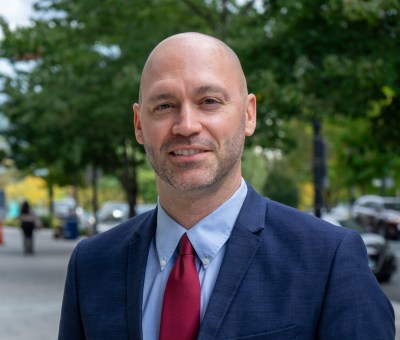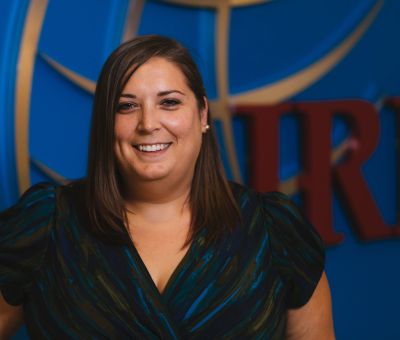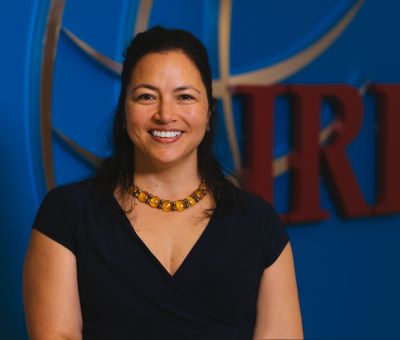
Talk to Me! IRI’s Civic Education Programming in T…
On a small island off Australia’s northern coast, 1.3 million Timorese citizens continue to build a vibrant democratic society, working…
IRI Timor-Leste provides leadership training and support to rising, forward-looking leaders. IRI’s approach includes media releases and talk shows featuring these leaders, empowering them to promote policies addressing the challenges facing Timor-Leste. This work is important because Timor-Leste’s democratic institutions are fragile. Timor-Leste has held competitive elections, but personality rather than policy often drives its politics.
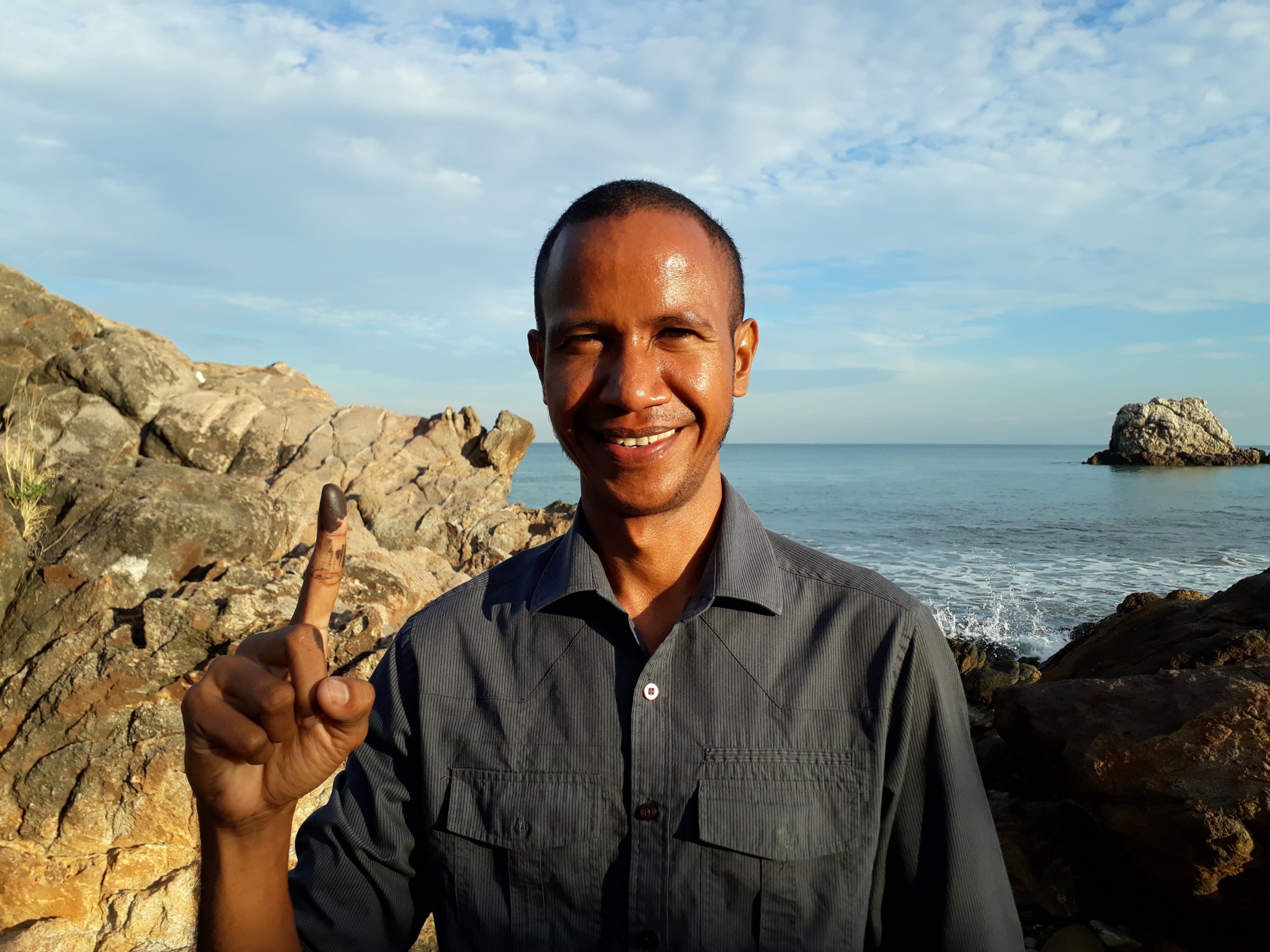
Since Timor-Leste regained its independence in 2002, IRI has worked to support the country’s democracy through greater inclusion of women and youth and through promotion of greater transparency and accountability. This work ensures that Timor-Leste takes its place as a democratic leader in the region. However, personality-based politics and elite capture, in which the country’s elites control social and political life, prevent newcomers, such as women and youth, from attaining leadership roles.
Though most Timorese are ready for younger leaders, Timor-Leste’s aging political elite continues to dominate public life as it has since the country’s resistance to Indonesian occupation began in the 1970s. These leaders played a critical role in shaping governance in Timor-Leste and in defining the country’s national identity, and their leadership and institutional memory are crucial. However, Timor-Leste’s population is disproportionately young, and youth, as well as women and other marginalized, groups remain woefully underrepresented in political parties, parliament, and government.
To support rising leaders, with an emphasis on youth and women, IRI provides political leadership training, using the Emerging Leaders Academies (ELA) to build skills on topics including climate change, jobs, health care access and rapid digital transformation. IRI works with political parties and civil society organizations (CSOs) to identify promising ELA candidates who might be ready to take on leadership roles. ELA’s training includes leadership and communication skills, how to build a personal brand and consensus building. It also offers sessions on issue-based policy development and campaign strategies. With this training, participants are better able to advocate for policies that are responsive to community needs. As the training prioritizes youth, women, and other marginalized groups, it ensures that these communities have strong advocates within political parties, CSOs and government institutions.
IRI Timor-Leste has also initiated a virtual talk show series called Ko’alia Ba Ha’u! (“Talk to Me!”), which engages the Timorese public on policy challenges and responsive governance, and which builds the personal brands of rising leaders. Each episode brings together political, community and government leaders to discuss policy topics using a Q and A approach, with the public doing the questioning. The show encourages a culture of accountability and serves to bridge the gap between the Timorese public and their leaders. Party and government leaders can hear from the constituents they serve, respond to inquiries and discuss issues of national importance.
Timor-Leste has resisted many of the signs of democratic regression experienced by several of its Southeast Asian neighbors and, despite the unique challenges it faces undergoing state-building as a subsistence society, has avoided becoming a failed state.

On a small island off Australia’s northern coast, 1.3 million Timorese citizens continue to build a vibrant democratic society, working…
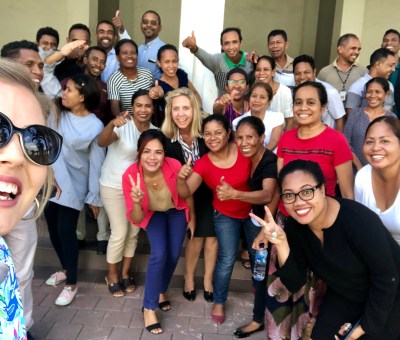
Nonpartisan research is a valuable resource for legislators in democracies. But in many young democracies, like Timor-Leste, parliamentary research organizations…
Dili, Timor-Leste—Iha piskiza foun ida husi sidadaun Timor nian ne’ebe halao husi Institutu Internasional Republikanu (IRI) Sentru ba piskiza hateten…
Dili, Timor-Leste—A new poll of Timorese citizens by the International Republican Institute’s (IRI) Center for Insights in Survey Research reveals…
